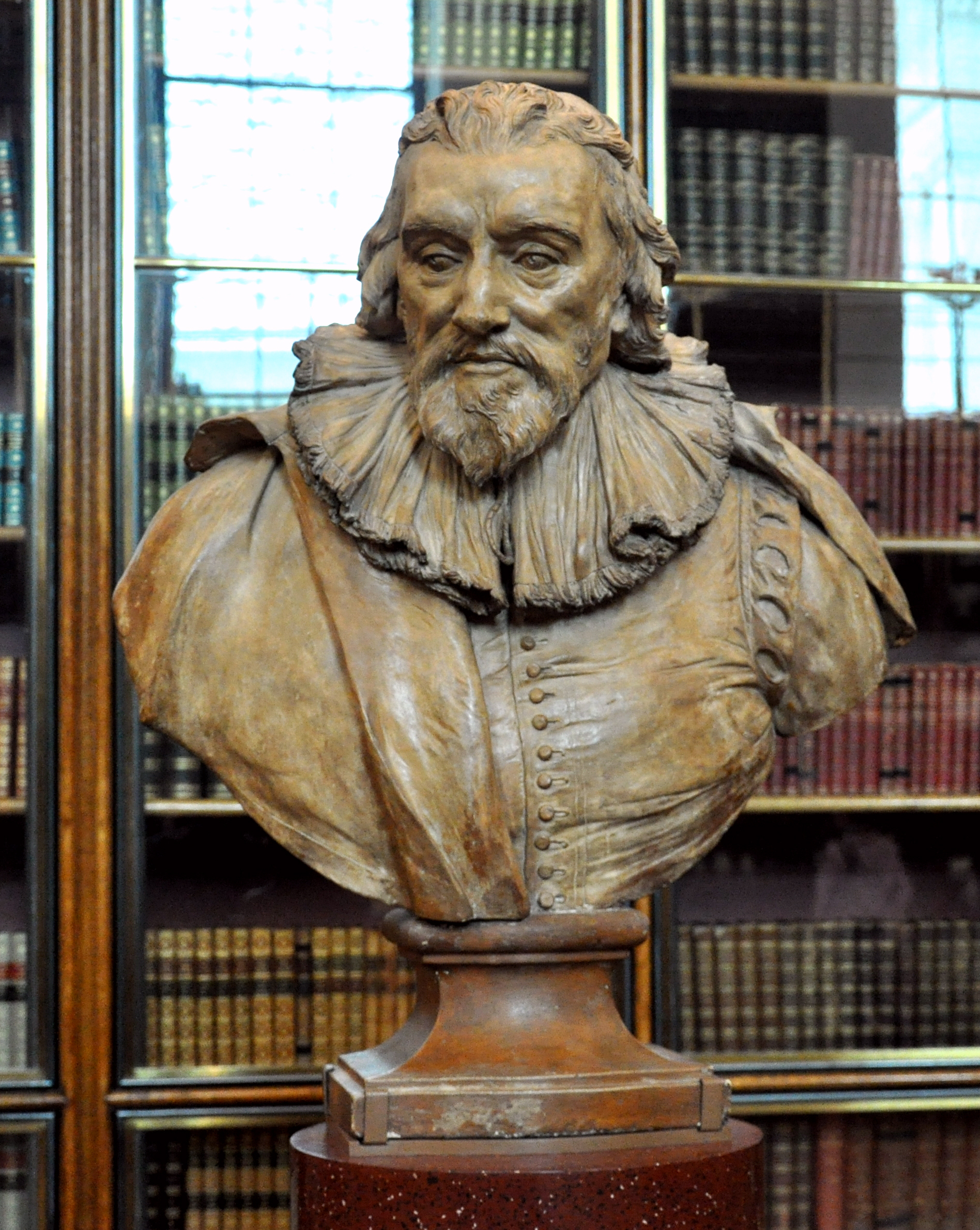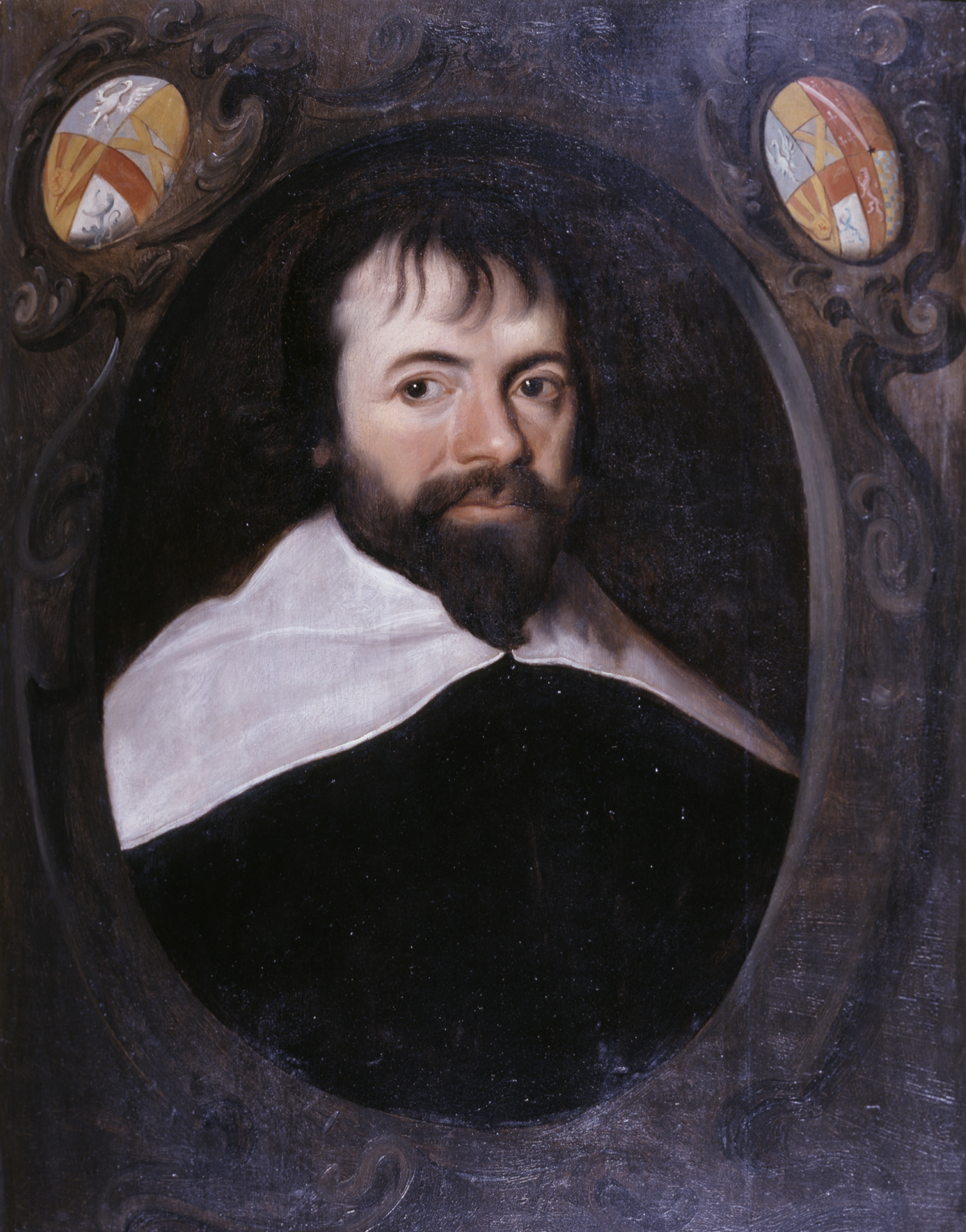|
Cottonian
The Cotton or Cottonian library is a collection of manuscripts once owned by Sir Robert Bruce Cotton MP (1571–1631), an antiquarian and bibliophile. It later became the basis of what is now the British Library, which still holds the collection. After the Dissolution of the Monasteries, many priceless and ancient manuscripts that had belonged to the monastic libraries began to be disseminated among various owners, many of whom were unaware of the cultural value of the manuscripts. Cotton's skill lay in finding, purchasing and preserving these ancient documents. The leading scholars of the era, including Francis Bacon, Walter Raleigh, and James Ussher, came to use Sir Robert's library. Richard James acted as his librarian. The library is of special importance for having preserved the only copy of several works, such as happened with ''Beowulf'' and ''Sir Gawain and the Green Knight''. History Origins At the time of the Dissolution of the Monasteries, official state records and i ... [...More Info...] [...Related Items...] OR: [Wikipedia] [Google] [Baidu] |
Sir Robert Cotton, 1st Baronet, Of Connington
Sir Robert Bruce Cotton, 1st Baronet (22 January 1570/71 – 6 May 1631) of Conington Hall in the parish of Conington in Huntingdonshire, England,Kyle, Chris & Sgroi was a Member of Parliament and an antiquarian who founded the Cotton library. Origins He was born on 22 January 1571 in Denton, Huntingdonshire, the son and heir of Thomas Cotton (1544–1592) of Conington (son of Thomas Cotton of Conington Sheriff of Huntingdonshire in 1547) by his first wife Elizabeth Shirley, a daughter of Francis Shirley of Staunton Harold in Leicestershire. The Cotton family originated at the manor of Cotton, Cheshire, from which they took their surname. Education Cotton was educated at Westminster School where he was a pupil of the antiquarian William Camden, under whose influence he began to study antiquarian topics. He began collecting rare manuscripts as well as collecting notes on the history of Huntingdonshire when he was seventeen. He proceeded to Jesus College, Cambridge, where he ... [...More Info...] [...Related Items...] OR: [Wikipedia] [Google] [Baidu] |
Sir Thomas Cotton, 2nd Baronet, Of Connington
Sir Thomas Cotton, 2nd Baronet, of Conington (1594 – 13 May 1662) was an English politician and heir to the Cottonian Library. Life He was the only surviving child of Sir Robert Cotton, 1st Baronet, of Connington and Elizabeth Brocas. He graduated B.A. at Broadgates Hall, Oxford in 1616. In 1624 he became Member of Parliament for Great Marlow. Sir Thomas was the intimate friend and correspondent of Sir John Eliot, and was entrusted by his influence with the representation of St Germans (Eliot's native place) in the third of Charles I's parliaments. He was M.P. for Huntingdonshire in the Short Parliament of 1640, but took no active part in politics or the civil wars. His house at Westminster was left at the disposal of the parliament, and Charles I slept there during his trial. Cotton died at Conington on 13 May 1662, and was buried with his father. Cottonian Library He made great efforts for the restitution of his father's library, which later became the nucleus of the B ... [...More Info...] [...Related Items...] OR: [Wikipedia] [Google] [Baidu] |
Richard James (scholar)
Richard James (1592 – December 1638) was an English scholar, poet, and the first librarian of the Cotton library. Early life Richard James was born in Newport, Isle of Wight, third son of Andrew James, by his wife Dorothy, daughter of Philip Poore of Durrington, Wiltshire. Thomas James was his uncle. Richard was educated at Newport Grammar School, and matriculated as a commoner at Exeter College, Oxford, on 6 May 1608. On 23 September that year he migrated to Corpus Christi College, of which he had been elected scholar, and graduated from there B.A. on 12 October 1611 and M.A. on 24 January 1615. On 30 September 1615 he was elected probationary fellow of his college, and on 7 July 1624 graduated B.D. Traveller After taking holy orders James set out on a long series of travels. Starting in Wales and Scotland, they extended to Shetland and Greenland. He went to Muscovy in 1618 as chaplain to Sir Dudley Digges. His notes about that journey (found in 1840s in Bodleian Library) inclu ... [...More Info...] [...Related Items...] OR: [Wikipedia] [Google] [Baidu] |


